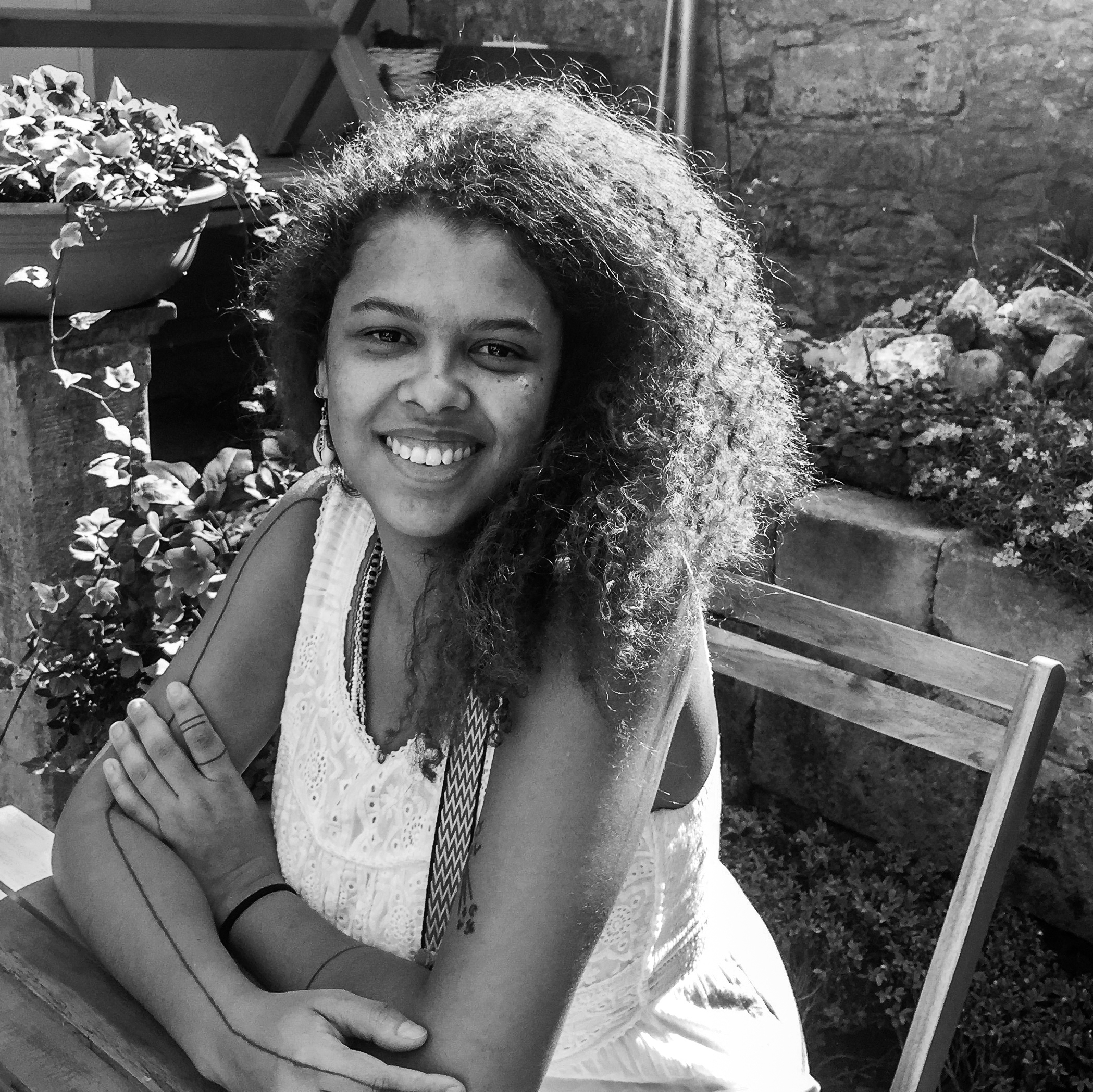·BIO·BIO·BIO·BIO·BIO·BIO·BIO·BIO·BIO·

·BIO·BIO·BIO·BIO·BIO·BIO·BIO·BIO·BIO·
Suelen Calonga is a
visual artist, cultural manager and curator. Holds a Master’s degree in MFA Public Art and New Artistic
Strategies (Bauhaus-Universität Weimar, 2020). Graduated in Social Communications
(PUC-MG, 2007), with a diploma in Images and Media Cultures (UFMG, 2010). Her ongoing research
crosses academic, political and poetic experiences and interests from previous
investigations with her spiritual journey linked to the Afrobrazilian cult Candomblé,
culminating in the independent restitution of a cultural and liturgical
heritage discovered in Germany and collected in Salvador in 1937, a time when Candomblé was still prohibited in Brazil. Suelen is today Imagery and Digital Assets Manager at Le Creuset, and worked between 2014 and 2018 at Sesc-SP
integrating the Visual Arts and Socio-Educational
teams, working in cultural
management and curatorship of artistic projects with themes of broad social
interest, especially in the field of ethnic-racial relations and studies of
gender and sexuality. Before that, she worked as a photographer, freelance
editorial designer and executive producer of musical careers through the
Brazilian music export program of the House of Creative Economy of Sebrae-MG,
participating in the Brazilian delegation at MIDEM 2014 in Cannes, France.
Artistically, her work is situated between audiovisual, performance and, more
recently, is moving towards strategies of artistic research as a poetic method
in order to contain both her transmedia autobiographical narrative and the
critique of processes and procedures that sustain the colonization of knowledge
through arts and science.
·STATEMENT·STATEMENT·STATEMENT·STATEMENT·
The attempt to reduce the scope of my interests, find coherence between them and systematize the diversity of my fronts of action puts me at the crossroads between ethical, political, spiritual and aesthetic forms that I have established for my personal and collective key of action in the world.
Whether in my practice as a visual artist, researcher, activist or in professional life as a whole, I never lose sight of the fact that it is not possible for a black body to be in a place of neutrality or political universality. A body like mine will always be seen and understood in the world as what it has become since it was so called: Black; considering here the different meanings of this term according to the dimension of the geographical, metaphysical or relational locality that I find myself in.
The concepts of self-understanding, self-recognition and self-determination go through all my production, since the beginning, when I made self-portraits and videoperformances as a practice of self-healing, until more recently, with the understanding that I am a metonymy of a much larger body than my own. The fractures, holes and gaps that I find in my own identity are the same as those of all other black people born in a colonized country and also that of all objects that are taken out of their context to serve other purposes, very distant from where they make sense. The work with my individual image with photo and video was then no longer enough to account for the depth of the processes I wanted to achieve, and I began to deal with my autobiographical narrative in a transmedia way, so that my biography would not be just about me, but an expansion that finds reverberation and echo in the collective body of society.
Currently, I have sought to do this through artistic research, with works that often stand in the middle of the path between languages, between places of operation, and between different scales of engagement with other people. From investigative dossiers to whatsapp threads; from the narration of texts that find image-like support on video to parties and group-directed conversations; from a counter-ethnography of the institutional mode of operation of science and the arts to the organization of an inventory that tries to answer "why do archives archive?”; my interests are, today, as diverse as the exits they have found to the world, always crossed by elements of black theoretical, poetic and spiritual knowledge.
Calonga, 2020
